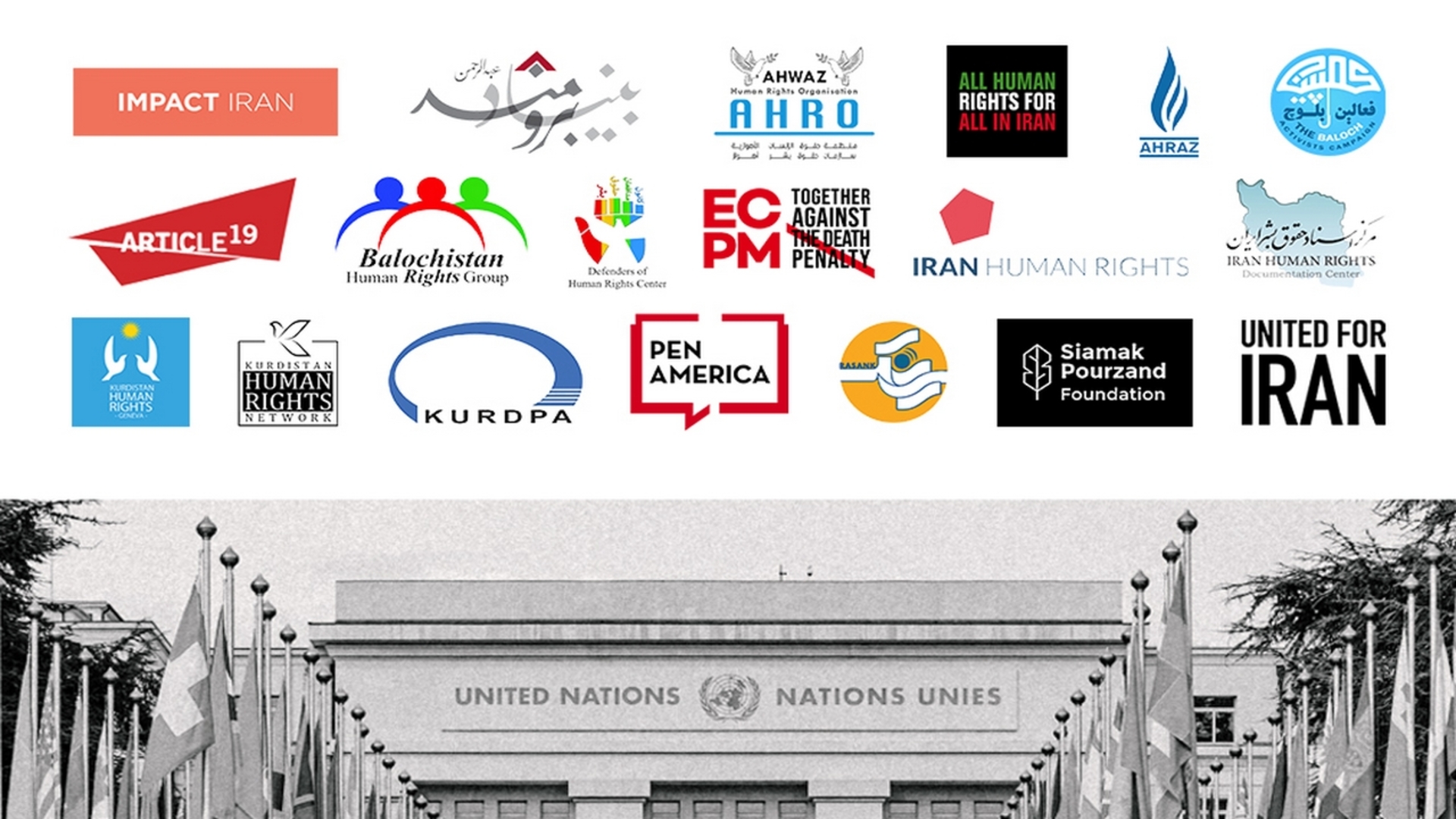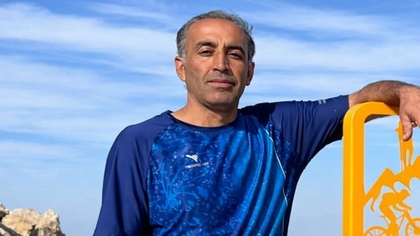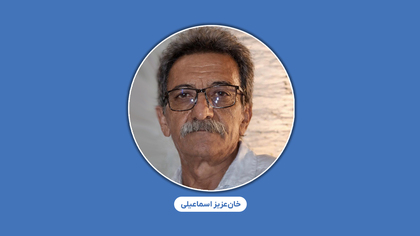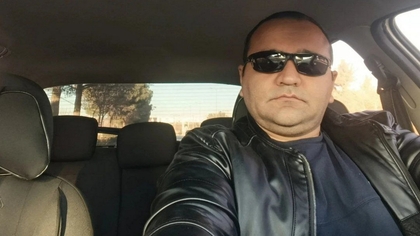Joint Statement: Historic decision by the UN top human rights body to allow broad investigations into violations and crimes committed by Iranian authorities

Today, the Impact Iran coalition celebrates the historic vote by the UN Human Rights Council (HRC) to broaden the scope of investigations led by the Independent International Fact-Finding Mission (FFMI) into any recent or ongoing serious human rights violations and crimes under international law committed in the Islamic Republic of Iran. This critical resolution reflects the international community’s commitment to addressing Iran’s prolonged human rights crisis and holding perpetrators accountable.
The FFMI’s newly adopted mandate expands far beyond the initial scope set in November 2022 when the mechanism was established, which was then limited to investigating the repression of the Woman Life Freedom movement. The expanded mandate now enables UN investigators to examine past, ongoing, and future human rights violations and crimes against humanity committed by Islamic Republic authorities, hear testimony from a broader pool of victims and witnesses, and gather crucial evidence for potential legal proceedings targeting officials and entities responsible for these violations.
The HRC passed the resolution with a majority of 24 in favor and 8 votes against. Half of the countries that voted in favor belong to Africa, Latin America and Asia, underscoring the broad cross-regional support for addressing entrenched impunity and the human rights challenges faced by the Iranian people.
“The resolution is an affirmation by the international community that Iran’s deepening human rights crisis demands urgent attention and action” said Taimoor Aliassi, director of Kurdistan Human Rights Association – Geneva and Chair of Impact Iran’s Steering Committee. “It is a landmark decision that sends a clear message to perpetrators of gross human rights violations and crimes against humanity in Iran that they are being watched and may face consequences for their actions” he added. “This resolution is also a gleamer of hope for victims who stepped forward and spoke. It sends a message that they are not invisible, that their stories can be heard and that there might be a hope for justice in the future” said Roya Boroumand, director of Abdorrahman Boroumand Center and member of the Steering Committee of Impact Iran.
The findings of the FFMI, after two years of investigations, highlighted the extensive and systemic nature of human rights abuses in Iran. The FFMI emphasized the need to expand its mandate to investigate “serious human rights violations and crimes against humanity in Iran, both past and ongoing the responsibility of alleged perpetrators, both State entities and individuals”. We commend the HRC for responding to the FFMI’s serious findings with the extension of its mandate for an additional year to examine “recent and ongoing serious human rights violations” committed in Iran. We also welcome the explicit mandate received by the FFMI to establish the “structural causes” of those violations. We reaffirm that systemic impunity and recurring patterns of serious violations stem from structural obstacles to justice, rights and equality that must be addressed.
The resolution adopted today also enhances attention to marginalized groups in Iran, with a focus on discrimination based on gender, ethnicity, religion, belief, and political views. By explicitly naming these structural causes of discrimination and violence, the mandate ensures groups historically targeted in Iran receive appropriate recognition and attention.
“It is the first time that the resolution acknowledges the need to address the structural discrimination and violence targeting minorities in Iran” said Raphaël Chenuil-Hazan, director of Together against the Death Penalty (ECPM) and member of Impact Iran’s steering committee.
Key to ensuring the success of this expanded fact-finding mission will be the provision of adequate resources, as well as bolstered engagement and support from UN Member States. “The fact-finding mission must now be fully equipped to fulfill its mandate,” emphasized Rose Parris-Richter, Director of Impact Iran. “States must actively support these efforts to ensure accountability for perpetrators and justice for victims.”
Additionally, the resolution renews the mandate for the UN Special Rapporteur on human rights in Iran, Mai Sato, for another year, emphasizing the importance of a holistic response to the human rights crisis in Iran. “Only through the combined efforts of the country’s Special Rapporteur, the Fact-Finding Mission, and the support of Member states can Iranians see real prospects for human rights, justice, truth, and reparation” concluded Mahmood Amiry-Moghaddam director of Iran Human Rights (IHRNGO), also member of Impact Iran’s Steering Committee.
SIGNATORIES
Abdorrahman Boroumand Center
Ahwaz Human Rights Organisation
All Human Rights for All in Iran
ARTICLE 19
Association for the Human Rights of the Azerbaijani People in Iran (AHRAZ)
Baloch Activists Campaign
Balochistan Human Rights Group (BHRG)
Defenders of Human Rights Center
ECPM (Together Against the Death Penalty)
Iran Human Rights
Iran Human Rights Documentation Center
Kurdistan Human Rights Association-Geneva (KMMK-G)
Kurdistan Human Rights Network
Kurdpa Human Rights Organization
PEN America
Rasank
Siamak Pourzand Foundation (SPF)
United for Iran (U4I)
Human Rights Council, Situation of human rights in the Islamic Republic of Iran, resolution A/HRC/58/L.20, adopted on 3 April 2025, accessible at: https://impactiran.org/wp-content/uploads/2025/04/A_HRC_58_L.20.Rev_.1.pdf
In favor: Benin, Chile, Colombia, Costa Rica, Cyprus, Dominican Republic, Japan, Malawi, Marshall Islands, Mexico, Morocco, Republic ok Korea ; Against: Algeria, Bolivia, Burundi, China, Cuba, Indonesia, Sudan, Vietnam ; Abstention: Bangladesh, Brazil, Côte d’Ivoire, Democratic Republic of the Congo, Ethiopia, Gambia, Georgia, Ghana, Kenya, Kuwait, Kyrgyzstan, Maldives, Qatar, South Africa, Thailand
Report of the independent international fact-finding mission on the Islamic Republic of Iran, A/HRC/58/63, 14 March 2025 (advanced unedited version), para. 130, accessible at: https://www.ohchr.org/sites/default/files/documents/hrbodies/hrcouncil/sessions-regular/session58/advance-version/a-hrc-58-63-auv.pdf



